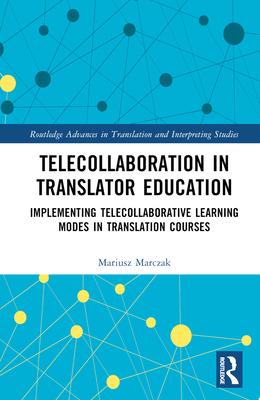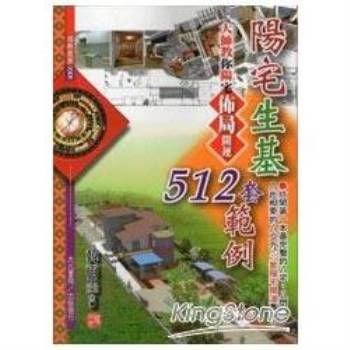This volume provides a comprehensive treatment of telecollaboration as a learning mode in translator education, surveying the state-of-the-art, exploring its distinctive challenges and affordances and outlining future directions in both theoretical and practical terms. The book begins with an overview of telecollaboration and its rise in prominence in today’s globalised world, one in which developments in technology have significantly impacted practices in professional translation and translator education.
The volume highlights basic design types and assessment modes and their use in achieving competence-based learning outcomes, drawing on examples from seven telecollaboration projects. In incorporating real-life research, Marczak draws readers’ attention to not only the practical workings of different types of projects and their attendant challenges but also the opportunities for educators to diversify and optimize their instructional practices and for budding translators to build competence and better secure their future employability in the language service provision industry.
This volume will be a valuable resource for students and researchers in translation studies, particularly those with an interest in translator education and translation technology, as well as stakeholders in the professional translation industry.











